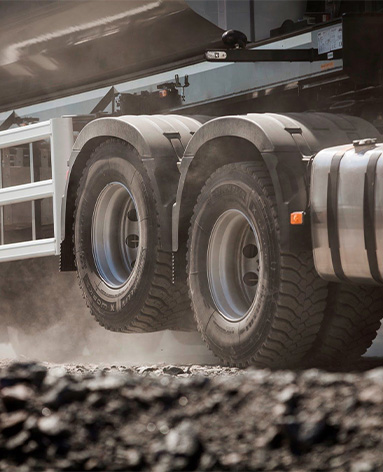Aug . 17, 2024 23:44 Back to list
Recycling and Refurbishing Scrap Truck Brake Drums for Sustainable Practices
The Importance of Scrap Truck Brake Drums Recycling and Safety
Truck brake drums play a critical role in the overall safety and performance of commercial vehicles. As vital components that help slow down and stop heavy trucks, understanding their lifecycle, especially when it comes to recycling scrap brake drums, is essential for both safety and environmental sustainability.
The Function of Brake Drums
Brake drums are part of the drum brake system found in many heavy-duty trucks. When the driver applies the brakes, brake shoes press against the inner surface of the drum, generating friction that slows the vehicle down. Given the immense weight that these trucks carry, brake drums must be incredibly durable—often made from materials like cast iron or steel. However, like all mechanical components, they have a finite lifespan and can wear out over time.
Why Scrap Brake Drums?
As truck brake drums wear down, they can become less effective, leading to potentially dangerous situations on the road. Regular maintenance and the timely replacement of worn brake drums are crucial for ensuring the safety of the vehicle and its load. Once they reach the end of their usable life, these old brake drums often end up as scrap. However, this scrap is not just waste; it presents invaluable opportunities for recycling.
The Recycling Process
Recycling scrap brake drums can significantly reduce resource depletion and environmental impact. The recycling process typically involves collecting the scrap drums, transporting them to recycling facilities, and then processing them to reclaim the metal. The metal is melted down, purified, and transformed into new products, reducing the need for virgin material extraction.
scrap truck brake drums

One significant advantage of recycling brake drums is the conservation of energy. It usually requires less energy to recycle metal compared to extracting and refining new metals from ore. Furthermore, recycling helps decrease greenhouse gas emissions, making it a more environmentally friendly option.
Economic Benefits
The recycling of scrap brake drums not only contributes positively to the environment but also offers economic benefits. Recycling creates jobs within the local community—from collection and processing to transportation and manufacturing of new products. Furthermore, companies that recycle often benefit from lower raw material costs, which can translate to financial savings.
Challenges in Recycling
Despite the clear benefits, there are challenges associated with recycling scrap brake drums. One major issue is the presence of contaminants such as rust, grease, and other materials that can affect the quality of recycled metal. Additionally, the logistics of collecting and transporting scrap can be complex, especially in remote areas.
To address these challenges, it is important for trucking companies and scrap metal dealers to establish efficient practices for the collection and sorting of old brake drums. Partnering with specialized recycling firms that have the proper technologies and expertise can ensure that scrap brake drums are recycled effectively and responsibly.
Conclusion
As safety and environmental stewardship become increasingly important in the trucking industry, the recycling of scrap brake drums should not be overlooked. By recycling these crucial components, we protect the environment, create economic opportunities, and promote safety on our roads. Every scrap brake drum recycled brings us closer to a more sustainable and responsible approach to trucking. Therefore, truck owners, operators, and recyclers alike should prioritize the recycling process, ensuring that old brake drums are diverted from landfills and reintroduced into the materials cycle. Together, we can make a significant impact on both safety and sustainability within the industry.
-
Scania Brake Drums: OEM Quality for Optimal Safety & Durability
NewsAug.16,2025
-
R.V.I: Advanced Remote Visual Inspection for Precision
NewsAug.15,2025
-
Discover HYUNDA: Innovative Vehicles, Equipment & Solutions
NewsAug.14,2025
-
R.V.I: Unlock Advanced Insights & Real-time Performance
NewsAug.13,2025
-
Kamaz Brake Drum: Durable & Reliable for Heavy Duty Trucks
NewsAug.12,2025
-
Heavy Duty Iveco Brake Drum - Premium Quality & Safety
NewsAug.11,2025
